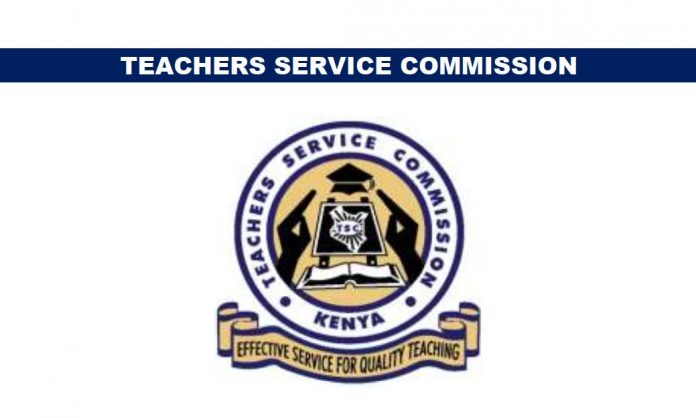The Teachers Service Commission (TSC) has unveiled a new initiative aimed at tackling staffing issues in junior secondary schools by promoting primary school teachers (P1) for deployment. As part of this strategy, at least 20,000 P1 teachers will be promoted to teach in junior schools, particularly to prepare for the upcoming grade nine class next year.
Beginning in September, the TSC will deploy teachers with Diploma and Degree certificates to fill staffing gaps in grades 7, 8, and 9. Lists of eligible P1 teachers have been generated from the TSC database, organized by county, and include those with various Diploma and Degree qualifications.
The TSC is currently collecting additional data from Heads of Institutions (HOIs) for verification and subsequent posting at the sub-county level. Primary school heads are required to provide data on teachers, including their KCSE mean grade, specialization (e.g., BED Arts, BED Primary Option, BED Science, BED ECDE, BED SNE, Dip in Education, Dip SNE, Dip ECDE), and two teaching subjects with their mean grades for those with a secondary option.
The deployment plan also includes senior teachers, deputy headteachers, and headteachers. This move comes in response to a severe staffing crisis in junior schools. A previous plan to recruit 18,000 junior school intern teachers was disbanded after the Finance Bill 2024 was annulled by President William Ruto. Consequently, the TSC will not have any new recruitment this year except for replacements due to budget cuts by the Treasury.
In an effort to tackle the pressing shortage of teachers for grades seven and eight, the Teachers Service Commission (TSC) has revised its eligibility criteria for teaching in junior schools. This change is set to open up new opportunities for a broader range of educators and ensure that schools are adequately staffed to meet the educational needs of young learners.
Previously, the qualifications required for teaching these grades were stringent. Candidates needed a degree in secondary education and had to have achieved at least a C+ in the Kenya Certificate of Secondary Education (KCSE) and in their two teaching subjects. This high bar limited the pool of eligible teachers, exacerbating the shortage.
Also Read: TSC Finalizes July 2024 Salary Increments
The new policy, however, broadens the scope significantly. Teachers who hold a diploma or degree in primary education, Early Childhood Development Education (ECDE), or Special Needs Education (SNE) are now eligible for deployment to junior schools. This inclusive approach aims to draw from a larger pool of qualified educators, ensuring that more classrooms are staffed with competent teachers.
This adjustment reflects the TSC’s commitment to addressing the urgent need for educators in these critical formative years. By lowering the entry requirements, the commission hopes to not only fill the current vacancies but also enhance the overall quality of education by bringing in teachers with diverse backgrounds and specialties.
The decision has been welcomed by many in the education sector, who see it as a practical step towards resolving a longstanding issue. It also underscores the importance of flexibility and adaptability in educational policy-making, especially in response to evolving challenges.
As the new policy takes effect, it will be crucial to monitor its impact on the quality of education and the effectiveness of teachers in junior schools. The TSC’s proactive approach is a positive move towards ensuring that all students receive the education they deserve, supported by a robust and diverse teaching workforce.
